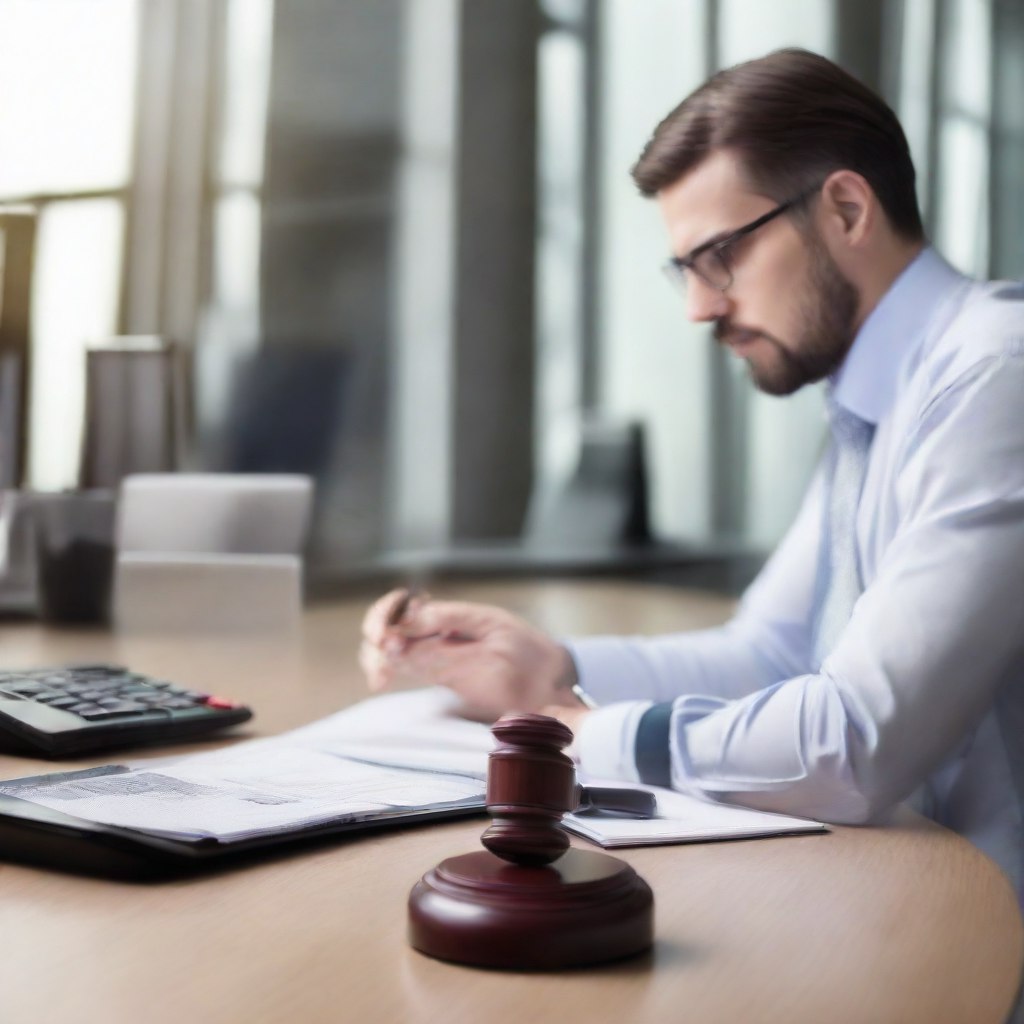Have you ever wondered what goes on inside the minds of jurors during a trial? How do they process evidence, weigh testimony, and arrive at a verdict? The intersection of law and psychology offers fascinating insights into the complex process of jury decision-making. In this article, we’ll delve into the psychological factors that influence jury decision-making, explore common biases and heuristics that jurors may exhibit, and discuss the implications for the legal system.
Understanding Jury Decision-Making
What is Jury Decision-Making?
Jury decision-making refers to the process by which a group of individuals, known as jurors, deliberates and reaches a verdict in a trial. Jurors are tasked with evaluating the evidence presented, assessing witness credibility, applying legal instructions provided by the judge, and ultimately deciding the guilt or innocence of the defendant.
How Does Jury Decision-Making Work?
During a trial, jurors listen to testimony, review exhibits, and deliberate with fellow jurors to reach a unanimous or majority decision. Jury deliberations involve discussions about the evidence, legal standards, and the credibility of witnesses. The goal is to reach a fair and impartial verdict based on the facts of the case and applicable law.
Psychological Factors Influencing Jury Decision-Making
Understanding the psychological factors that influence jury decision-making is essential for legal practitioners, policymakers, and researchers. Here are some key psychological factors to consider:
| Psychological Factor | Description |
|---|---|
| Confirmation Bias | The tendency to seek out, interpret, and remember information that confirms preexisting beliefs or biases. |
| Anchoring Effect | The tendency to rely too heavily on the first piece of information encountered (the “anchor”) when making decisions. |
| Framing Effects | The way information is presented can influence perceptions and judgments, even if the underlying facts remain the same. |
| Group Dynamics | Social influence, group polarization, and conformity can impact jury deliberations and decision-making. |
Common Biases and Heuristics in Jury Decision-Making
Jurors, like all individuals, are susceptible to cognitive biases and heuristics that can affect their decision-making. Here are some common biases and heuristics observed in jury deliberations:
- Availability Heuristic: Jurors may rely on information that is readily available or memorable, even if it is not relevant to the case.
- Representativeness Heuristic: Jurors may make judgments based on stereotypes or generalizations rather than individual characteristics or evidence.
- Outcome Bias: Jurors may judge the quality of a decision based on its outcome rather than the decision-making process itself.
Implications for the Legal System
The psychological factors and biases inherent in jury decision-making have important implications for the legal system. These include:
- Fair Trial Rights: Ensuring fair and impartial trials requires awareness of potential biases and strategies to mitigate their impact on jury decision-making.
- Jury Instructions: Judges play a crucial role in providing clear and accurate jury instructions to help jurors apply the law correctly and minimize the influence of biases.
- Legal Advocacy: Attorneys can employ strategies to present evidence, frame arguments, and select jurors that are mindful of psychological factors affecting decision-making.
Conclusion: Bridging Law and Psychology
In conclusion, the intersection of law and psychology provides valuable insights into the complexities of jury decision-making. By understanding the psychological factors, biases, and heuristics that influence jurors, legal practitioners can work towards fairer and more effective trials. Ultimately, bridging the gap between law and psychology is essential for promoting justice and upholding the integrity of the legal system.


